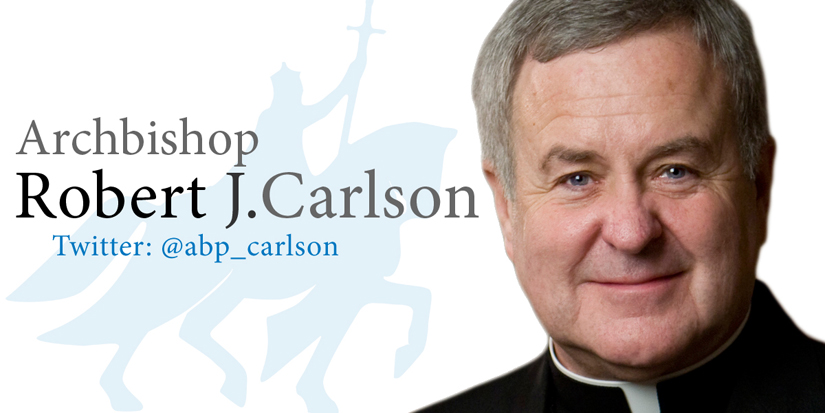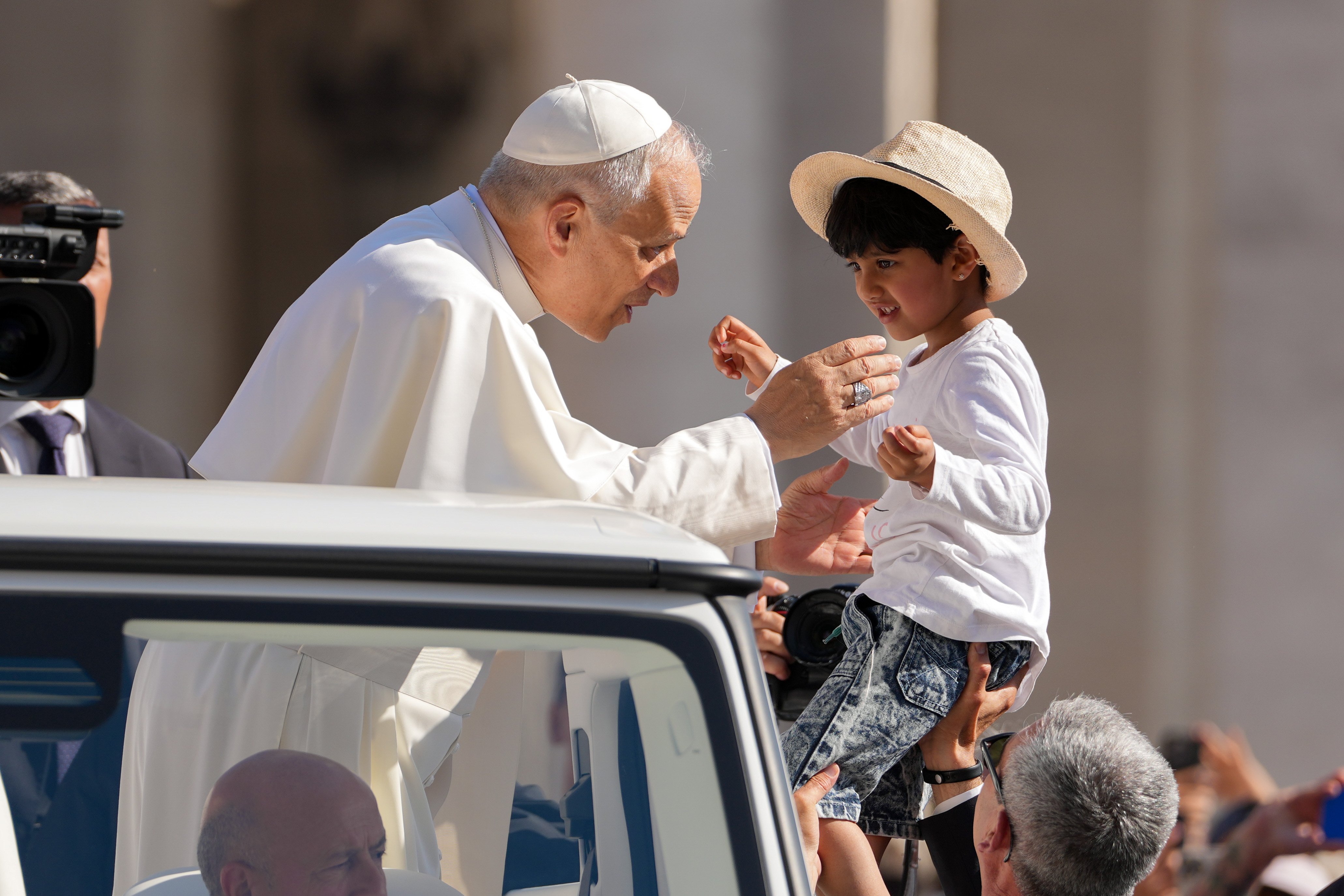BEFORE THE CROSS | The Our Father helps us focus on the will of God
Lord’s Prayer, through focus on forgiveness, shows love is stronger than sin

We continue reading the Sermon on the Mount this week. But where the central focus last week was the Beatitudes, this week it’s the Our Father.
There’s a way in which we should each develop our own interior commentary on what we mean when we say this prayer.
Notice that the first word of the prayer is not “my” but “our,” and its closing petitions are all for “us.” The Catechism of the Catholic Church draws attention to this point, saying: “if we pray the Our Father sincerely, we leave individualism behind.” Recent experience has given us a new awareness of the fact that “we’re all in this together.” Jesus built that truth into the Our Father from the very beginning.
The first three petitions — thy name, thy kingdom, thy will — take the focus off of us and place it on God. That’s as it should be! But that’s the daily struggle of our lives, isn’t it? St. Augustine said that all sin is a matter of being curved in on ourselves — a sort of spiritual black hole. Jesus came to restore human nature to its proper alignment: He was always focused on the will of the Father. Praying the Our Father can help shape our lives on the pattern of Jesus’ life, especially if we do it with a keen awareness of how it bends everything toward the will of God.
Leaving aside many other things, I want to focus on one last point: “Forgive” us our trespasses as we forgive those who trespass against us.”
The Catechism notes: “This petition is astonishing.” St. Gregory of Nyssa, in his commentary on the Our Father, explains why. Usually, Christianity tells us that we need to follow God’s example. In this case it teaches us that God will follow our example!
Interestingly, this is the only part of the prayer to which Jesus returns, as if He knows that we need Him to reinforce the point and clarify it. What He tells us is, in effect: the measure with which you measure will be measured back to you. That’s a warning. But it’s also an invitation.
As the Catechism points out, “It is not in our power not to feel or to forget an offense.” Fortunately, that’s not what’s asked of us. The key question is: What do we do with the memory and the hurt caused by sins committed against us?
Current media practice offers us one option: Replay the offense over and over again, punctuated by expressions of outrage. Often enough, that’s our own interior approach! But notice: This approach offers no real psychological or spiritual resolution. We only move on when another offense takes the place of the first, and the cycle starts over: an endless loop of offense and outrage. It’s a good definition of hell.
Forgiveness is the alternative. But let’s not misunderstand the nature of forgiveness. It doesn’t stop the memory or the hurt from coming back. Instead, forgiveness takes the memory and the hurt as pivot points: They become occasions of intercession, and an interior offering to the Lord. This offers a completely different kind of loop: memory and hurt, followed by intercession and offering. This is the path to true resolution.
The world’s approach to sin draws us into the endless, miserific cycle of hell. The Our Father offers an alternative. As the Catechism says: “Forgiveness bears witness that, in our world, love is stronger than sin.”
We continue reading the Sermon on the Mount this week. But where the central focus last week was the Beatitudes, this week it’s the Our Father. There’s a way in … BEFORE THE CROSS | The Our Father helps us focus on the will of God
Subscribe to Read All St. Louis Review Stories
All readers receive 5 stories to read free per month. After that, readers will need to be logged in.
If you are currently receive the St. Louis Review at your home or office, please send your name and address (and subscriber id if you know it) to subscriptions@stlouisreview.com to get your login information.
If you are not currently a subscriber to the St. Louis Review, please contact subscriptions@stlouisreview.com for information on how to subscribe.



